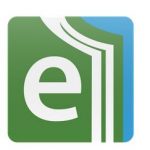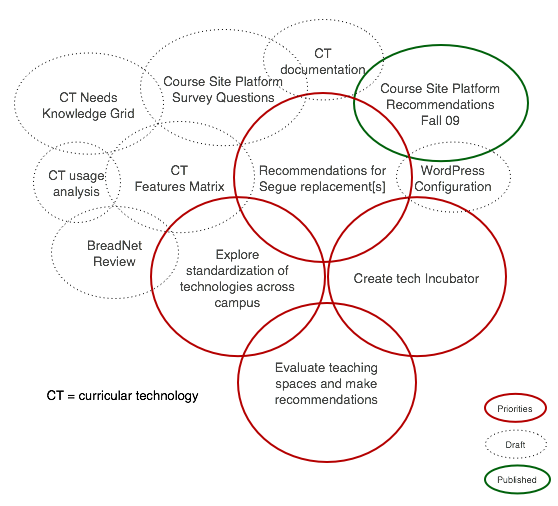A few months ago, the library subscribed to EBSCO e-books. You can search for them here, or in the library catalog, or if you do a Summon search and one of these more than 157,000 books has content connected to your search term, Summon will lead you to the book.
Then what?
Below is a screenshot of what you’ll see, showing red boxes around some key things.
- Scroll down to read a brief description of the book, see how many users can view the book at a time (most have “unlimited user access”), and see other information about the book.
- To ‘save’ it to read later in the same browsing session, click “Add to Folder” (Note that if you close the tab or window, the folder will empty.)
- To read the book page by page online on the EBSCO platform, choose the “PDF full text” icon in the left menu.
- To download it to read offline, or to retain it in a folder after you close your browsing session, you need to create your own personal account on EBSCOhost. To do that, click the “Sign In” link on the top bar, and create your account. (It is best practice to not use the same username or password that you use for Middlebury logins.) Once you have created an account and logged in, you can download an EBSCO e-book for up to seven days.
- There are EBSCO e-book apps for Android in the Google Play Store and for iPhone in iTunes. You need to create a personal EBSCOhost account as described above (on a laptop or desktop) to use for the app.



 Bryan and I were chatting after the last CT meeting. Bryan had an interesting idea for how Curricular Technology documentation could be aggregated on the LIS site. We both agreed that we need more than simply a list of links to documentation sites. Instead of just links, we should have some explanation of the resource/site being linked to, some sort of abstract describing that resource/site.
Bryan and I were chatting after the last CT meeting. Bryan had an interesting idea for how Curricular Technology documentation could be aggregated on the LIS site. We both agreed that we need more than simply a list of links to documentation sites. Instead of just links, we should have some explanation of the resource/site being linked to, some sort of abstract describing that resource/site.